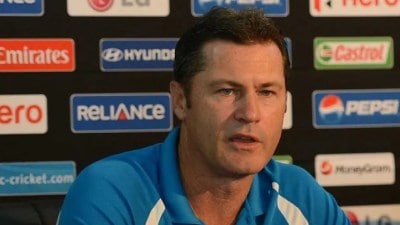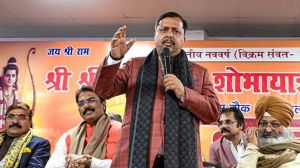A bridge across the Atlantic
Denis, not Margaret, was the first Thatcher to notice Ronald Reagan. In 1969, he heard the then governor of California give a stirring speec...

Denis, not Margaret, was the first Thatcher to notice Ronald Reagan. In 1969, he heard the then governor of California give a stirring speech about the virtues of free enterprise to the Institute of Directors. He came home and told his wife. She remembered. And so, less than two months after becoming Conservative leader in 1975, she received Mr Reagan in London. Because the friendship began in adversity, it was real. At that point, Mrs Thatcher was inexperienced and insecure. Ronald Reagan, for his part, was an ex-governor not necessarily going anywhere. The adversity was not merely personal: it was also a time when conservatism was out of favour8230;
In the early 1980s, Reaganism and Thatcherism shared the common aim of liberating economic activity, but disagreed on method. She thought you had to rein in public spending; he thought you just had to cut taxes. Funny little islands caused trouble too. It was not written in the stars that the United States would support Britain over the Falklands conflict in 1982. Ironically, it was Reagan8217;s Californians, notably Caspar Weinberger at the Pentagon, who made sure that Britain got the support we needed, while the East Coast intellectual Jeanne Kirkpatrick, the UN ambassador, was keener on placating Argentina. In October 1983, America overthrew a Marxist coup by invading the Caribbean island of Grenada. Reagan seemed a little hurt that Margaret Thatcher failed to offer him a favour in return for the Falklands. She raged at the apparent illegality of the act and at having been kept in the dark8230;
At Friday8217;s service at Washington National Cathedral, Margaret Thatcher8217;s words of tribute to Ronald Reagan will not be delivered in person, but played on tape, in deference to her health. They have been endlessly rehearsed. But never will a tribute by one statesman to another have come more directly from the heart.
Extracted from an article by Charles Moore in 8216;The Daily Telegraph8217;, June 7
- 01
- 02
- 03
- 04
- 05































